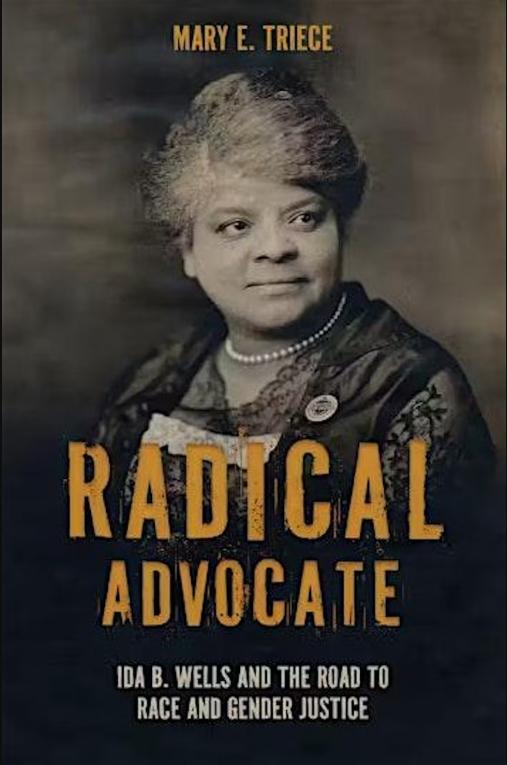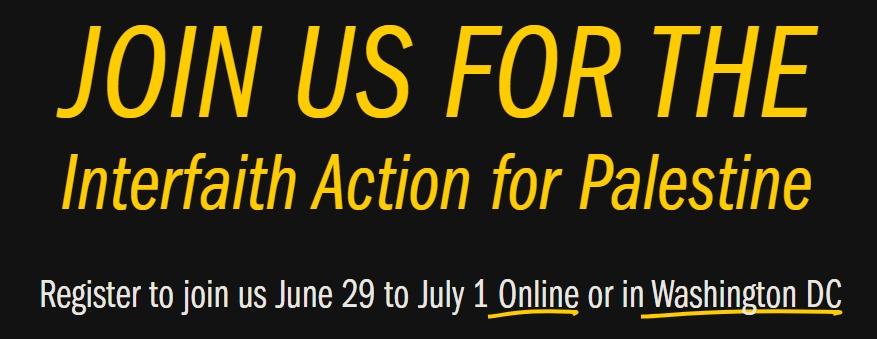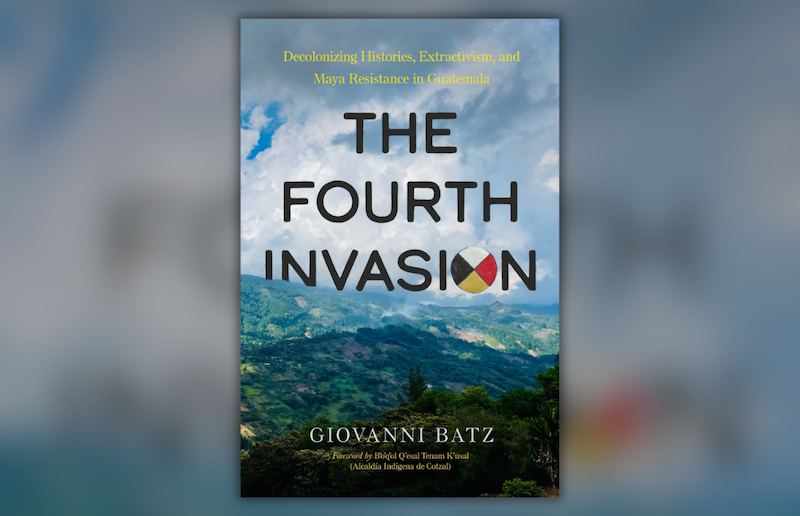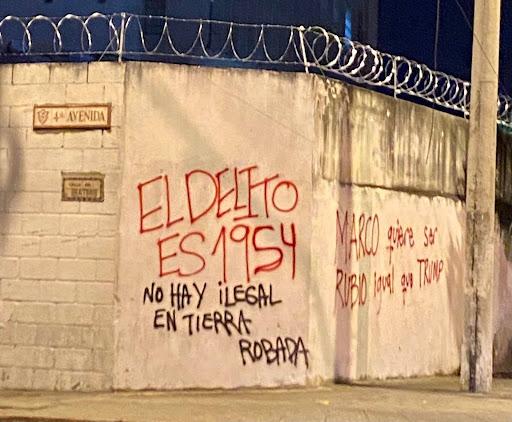The Ida B. Wells Foundation is pleased to join with the Baseball Heritage Museum and Neighborhood Connections to host a book signing for Mary E. Triece and the recent publication of her book entitled: Radical Advocate: Ida B. Wells and the Road to Race and Gender Justice. The Ida B. Wells Foundation, which started in 1998, is a mustard seed endeavor that has provided approximately $100,000 in small grants to grassroots projects for racial, economic, and social justice, nonviolence and youth work in Cuyahoga County. Since 2022, some of the entities that have received IBWF grants are: LegalWorks, Northeast Ohio Black Health Coalition, the Kentucky Garden, Northeast Ohio Coalition for the Homeless, Renovare, CAIR, and others.
Mary E. Triece, Ph.D. is a Professor in the School of Communication and the Director of The Women’s Studies Program. Her teaching and research focus on rhetorical and feminist theories and criticisms, and social movement rhetorics. Triece is the author of five books, several co-authored works, and numerous journal and peer-reviewed articles. Triece teaches classes on rhetoric and argumentation at both the undergraduate and graduate levels.





